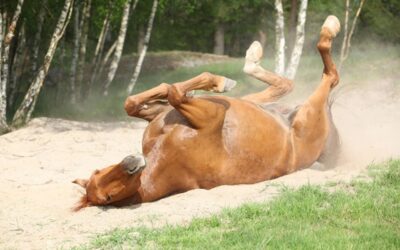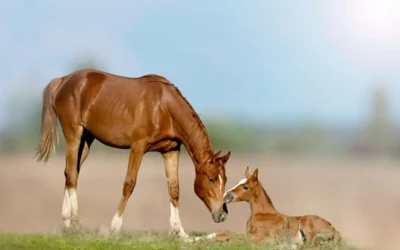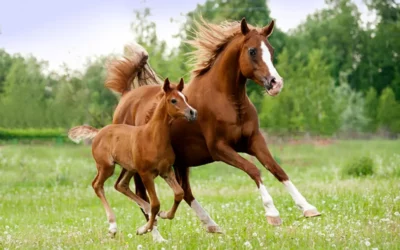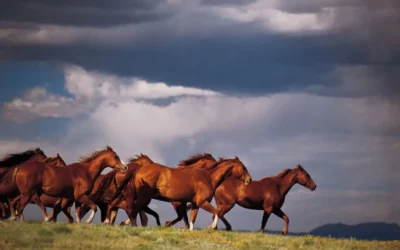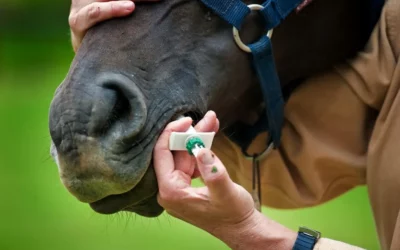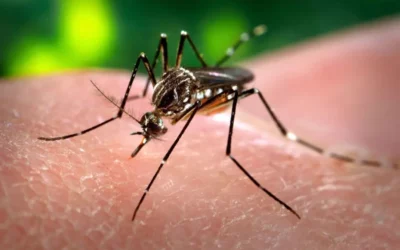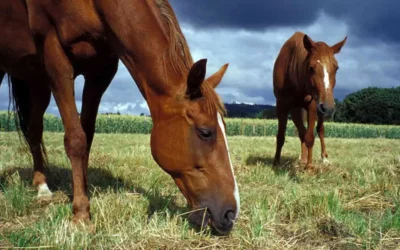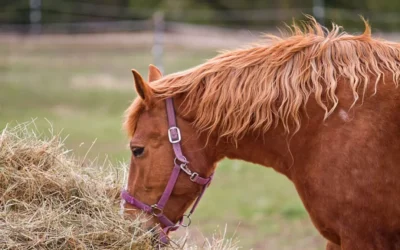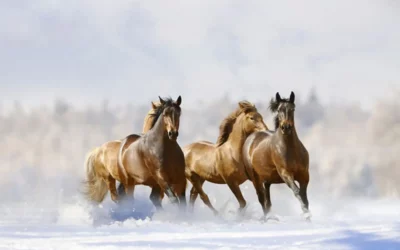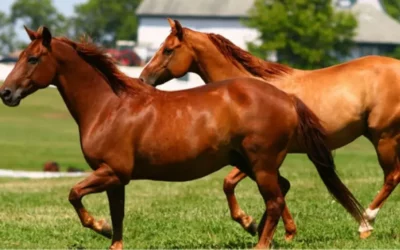NEWS
Equine Health
At Ford Veterinary Surgery Center we are committed to providing our clients with a high-quality equine dental technician service, and to abide by the American Veterinary Medical Association performance guidelines.
Call For An Appointment
Have A Question?

Sand Colic in Horses
Sand colic in horses or otherwise known as sand accumulation in the colon is one of the most frequent diseases that FVSC responds too. It is one on the most preventable diseases in our practice. In almost all instances this problem is a management problem and with...
The Real Costs of Breeding Your Mare
For many of us, January means the start of breeding season. You’ve found the perfect stallion to cross on your mare – he’s gorgeous, he has an amazing pedigree and he’s a world champion. Not only that, he’s quiet and kind. The stud fee seems reasonable, and you...
Deciding to Breed Your Mare
Deciding to breed your horse may be a difficult decision. One must consider the risks and the rewards. Risks to consider: Death of the mare and/or the foal due to complications Not getting the type of foal desired Extra time necessary to care for and train a new foal...
Emergency Preparedness
Written by the AAEP First Aid / Emergency Care - Mar 3rd, 04 An AAEP Health Brochure In the event of a disaster, your veterinarian knows how important it is for you as a horse owner to have pre-planned actions and proper information to make rapid decisions that may...
Deworming Schedule
Rotation Deworming Schedule: It is recommended to deworm every two months. Rotation Time of Year Compound 1 January/February Pyrantel 2 March/April Benzimidazole 3 May/June Ivermectin 4 July/Aug Pyrantel 5 Sept/October Benzimidazole 6 November/December Ivermectin...
West Nile Virus Symptoms
The most common signs of WNV infection in horses include stumbling, uncoordination, weak limbs, partial paralysis, muscle twitching and in some cases, death. Fever has occurred in less than one fourth of all confirmed equine cases. From 1999 to present various...
Grass Founder
Spring might be the best time of the year, but if we have horses that are prone to developing grass founder, this season may be the beginning of serious problems for some of our horses. Horses that are over the age of 10, easy keepers, overweight or cresty-necked seem...
Equine Botulism
Botulism is sometimes referred to as “Forage poisoning” in adult horses or “shaker foal syndrome” in foals. Few horse owners are aware of the disease, a progressive, paralyzing disease that is 80-100 percent fatal in affected horses. The disease, caused by a potent...
Cold Weather Care
It has been such a pleasant summer and beautiful fall; it is hard to believe that winter is just around the corner. But today, the wind shifted, and tonight, the temperature is going to dip down below freezing so it looks like winter is upon us. The good news is that...
Influenza Challenges
Despite the fact that influenza is a well-known disease (Hippocrates first described a disease resembling influenza in 412 B.C.), the virus continues to cause significant morbidity and mortality in humans and animals alike. Influenza virus is the most common cause of...

